Here’s a Tribute to the Healing Heroes Working in the Toughest Places Around the World
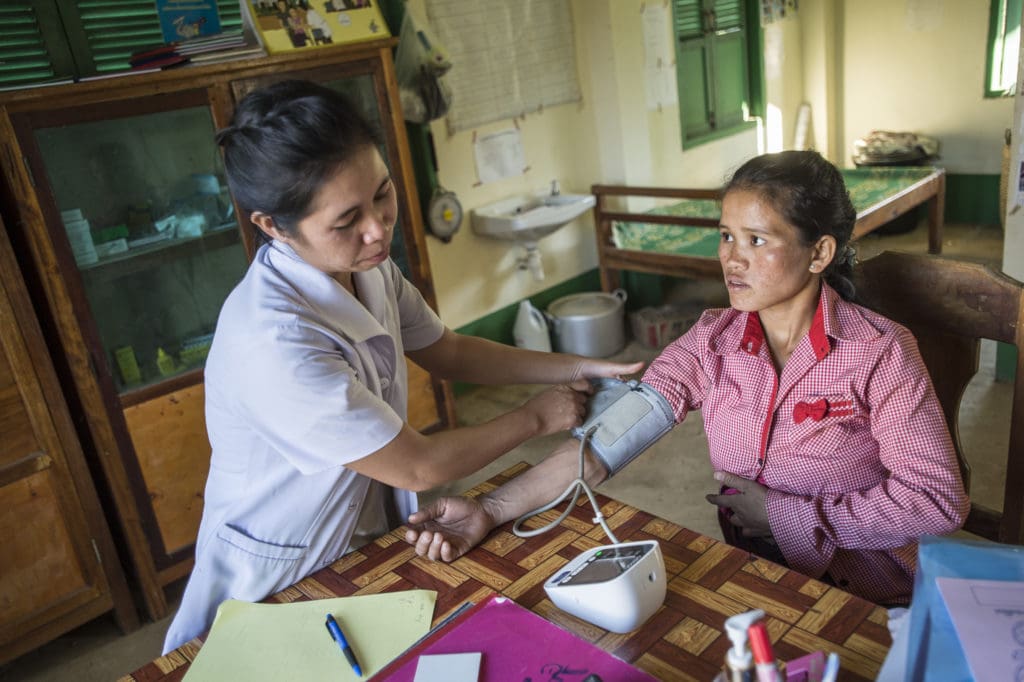
Nurses are indispensable. The nature of their work means they are present for our best and worst times, and they understand – intimately – joy and pain, hope and suffering, life and death. There are more than 20 million nurses working across the world, and the United Nations World Food Programme (WFP) relies on their expertise, care and commitment to keep people healthy.
In honor of International Nurses Day, here are six stories of nurses on the front lines. Join us as we recognize, uplift and celebrate them today and beyond.
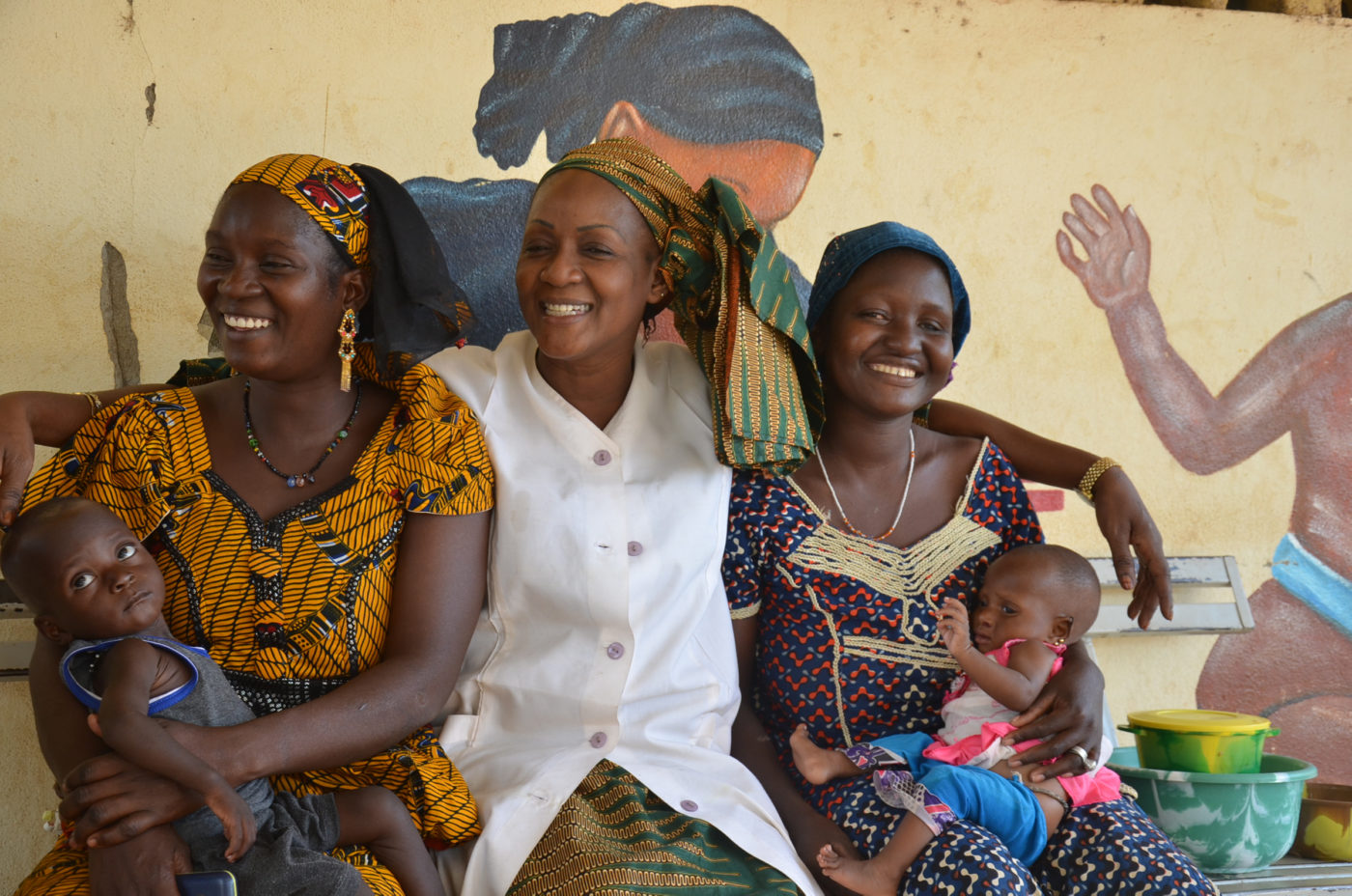
Kadia worked with patients young and old in Mali.
Kadia worked with little patients every day at the Reference Health Center in Kalabankaro, Mali. Nurses there fight an uphill battle in the country to make sure underweight kids get the nutrition they need: Mali is one of the poorest countries in the world, and food security has been rocked in recent years by recurring disasters like floods, drought and a military coup that triggered a political and security crisis.
Nurses and midwives make up nearly 50% of the global health workforce, and almost 70% of them are women.
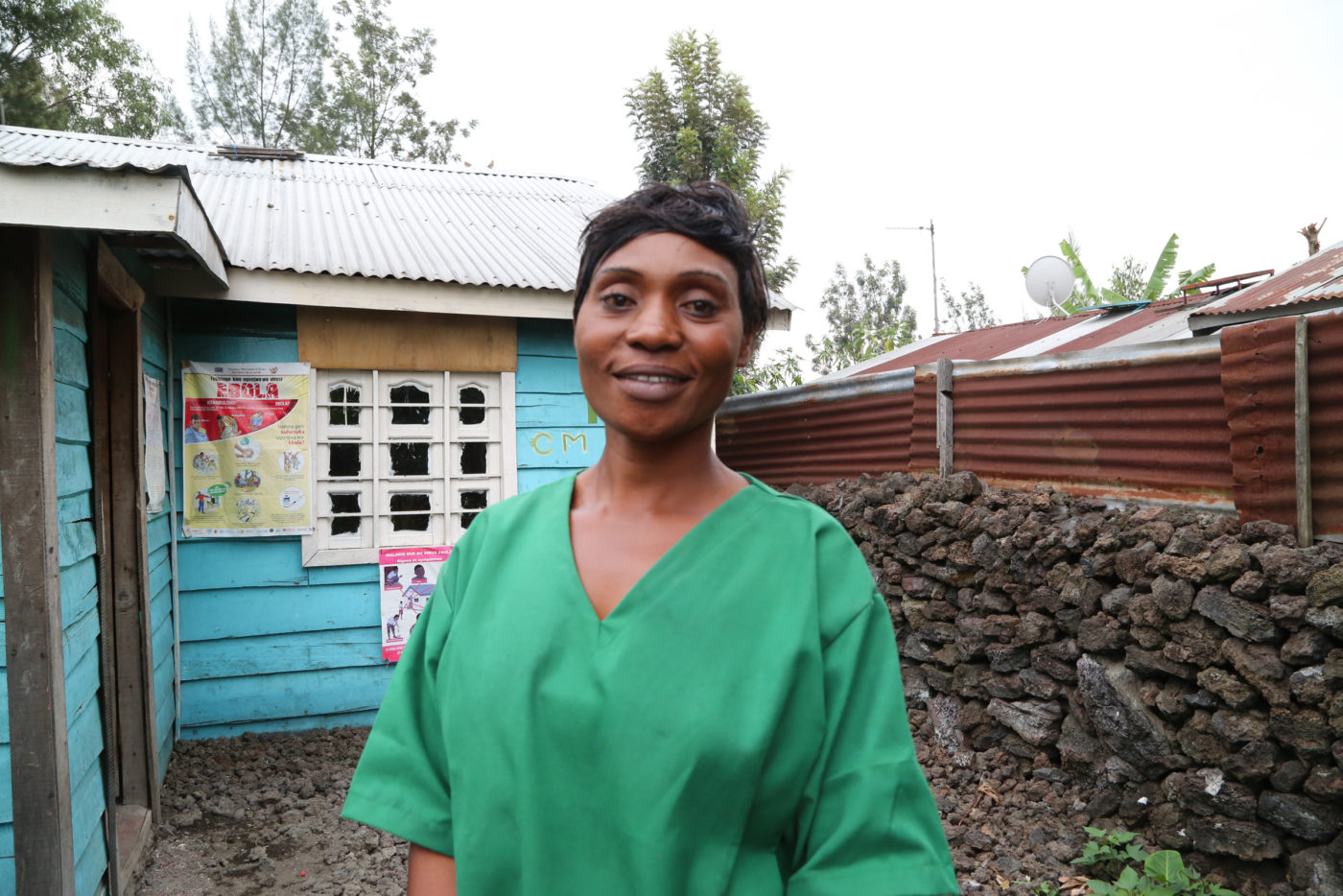
Nzigire Cideka treated patients during an Ebola outbreak.
When we met Nzigire Cideka in 2019, she was working as a nurse in Goma, North Kivu, DRC. She received U.N. World Food Programme food assistance as part of her role in treating patients during the 10th Ebola outbreak – the worst the country had faced. Nzigire never contracted the disease, but still faced stigma from the community: patients no longer wanted to visit her for treatment. She lost her main source of income as a result, and struggled to provide for her 10 children.
Nurses are often at the frontlines of these kinds of crises, putting themselves at risk every day.
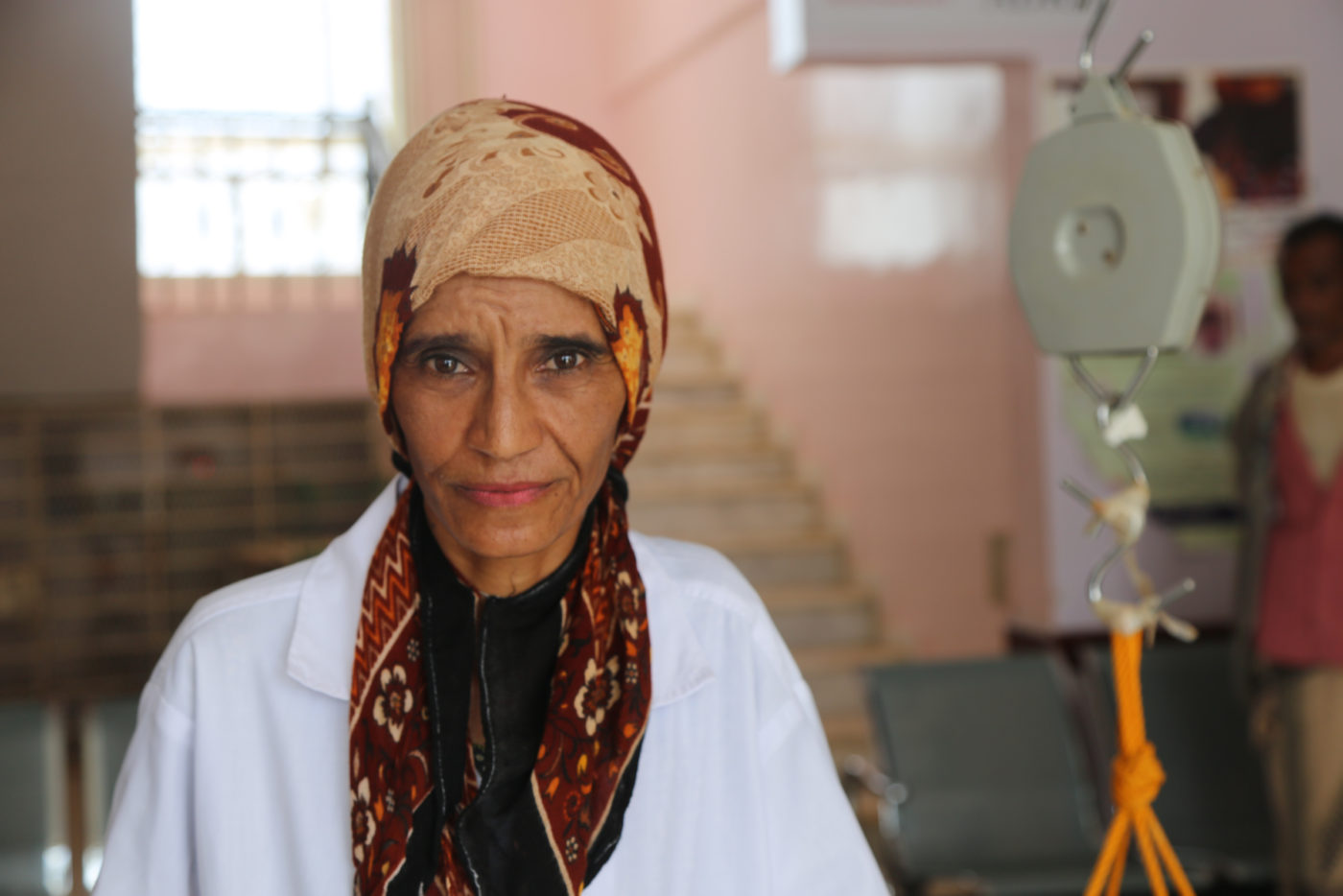
Makia, nurse in Aslem hospital, Yemen.
Makia has worked as a nurse at Aslem Hospital in Yemen. She and her colleagues have done whatever they can to keep suffering people from dying in clinics, hospitals and WFP feeding centers across the country. Today, the level of hunger in Yemen is unprecedented: 17 million people are facing severe hunger, and the rate of child malnutrition is one of the highest in the world.
“We are in a race against time to save these young lives,” Makia said in 2018. “Hunger doesn’t differentiate between children. There are some days when we have more children than beds, so we put three on a bed and lay the rest on mattresses on the floor. We work out of our obligation to save lives.”
Nurses play crucial roles in health promotion, disease prevention and delivering primary and community care – even more so in emergencies like the one in Yemen.
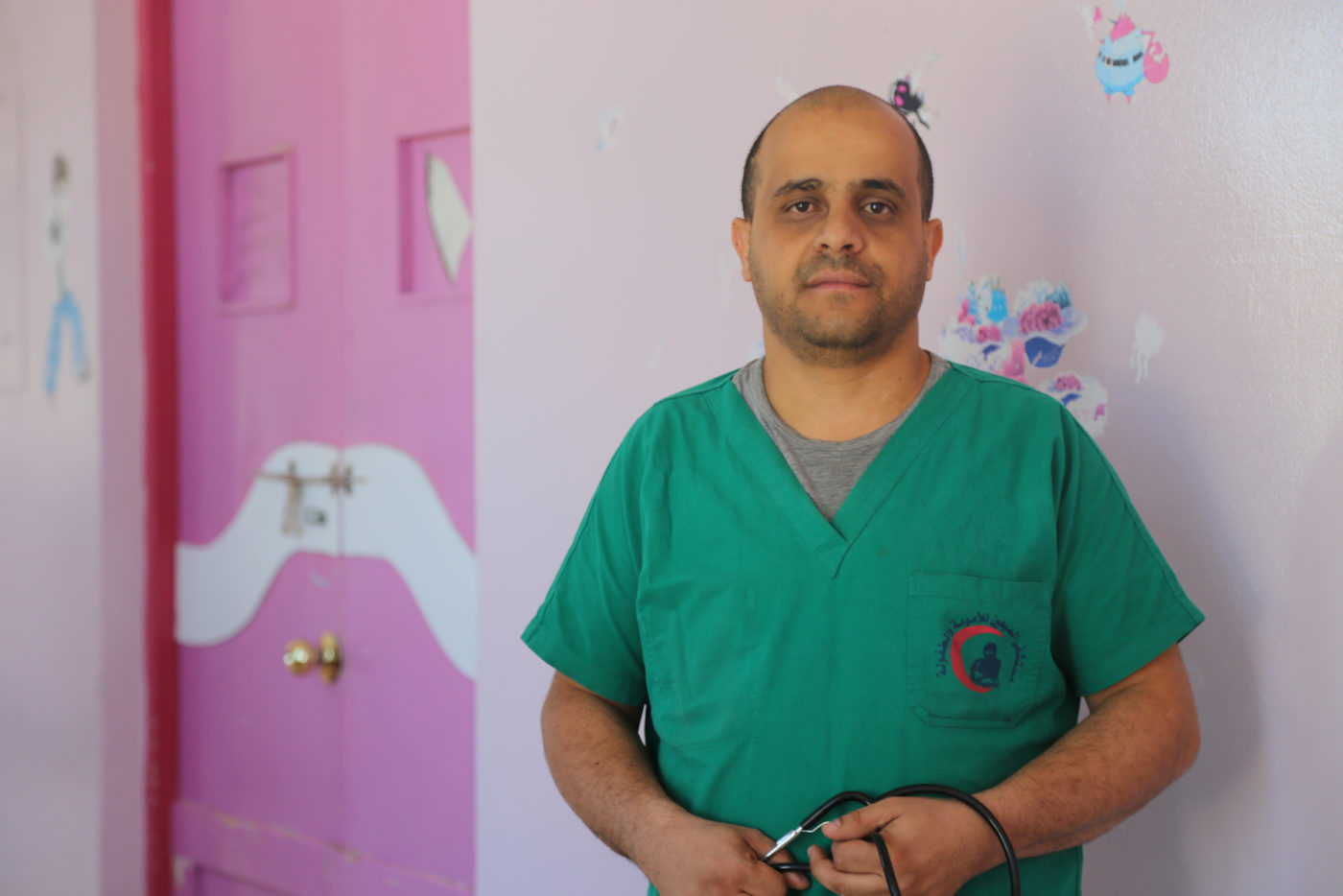
Fouad Mahdi, nurse in Al Sabaeen hospital in Sana’a, Yemen
Fouad Mahdi has also worked as a nurse Yemen. In Al Sabaeen hospital in Sana’a, the largest and most advanced hospital in the country, Fouad saw daily how the ongoing conflict and the blockade have taken a toll on children’s lives.
“Many of the children that we receive in this hospital are fighting for the last breath,” Fouad said in 2018. They come exhausted from a long journey that sometimes takes more than 10 hours. Some days, we are so exhausted, especially in the CPR room where children need close monitoring every few minutes. This is the most critical phase for saving the lives of children who are severely malnourished. It breaks my heart to see my people, the people of Yemen, losing their future and children because of lack of food and hunger.”
WFP is scaling up to reach over 12 million people with emergency food assistance. Without nurses, none of this would be possible.
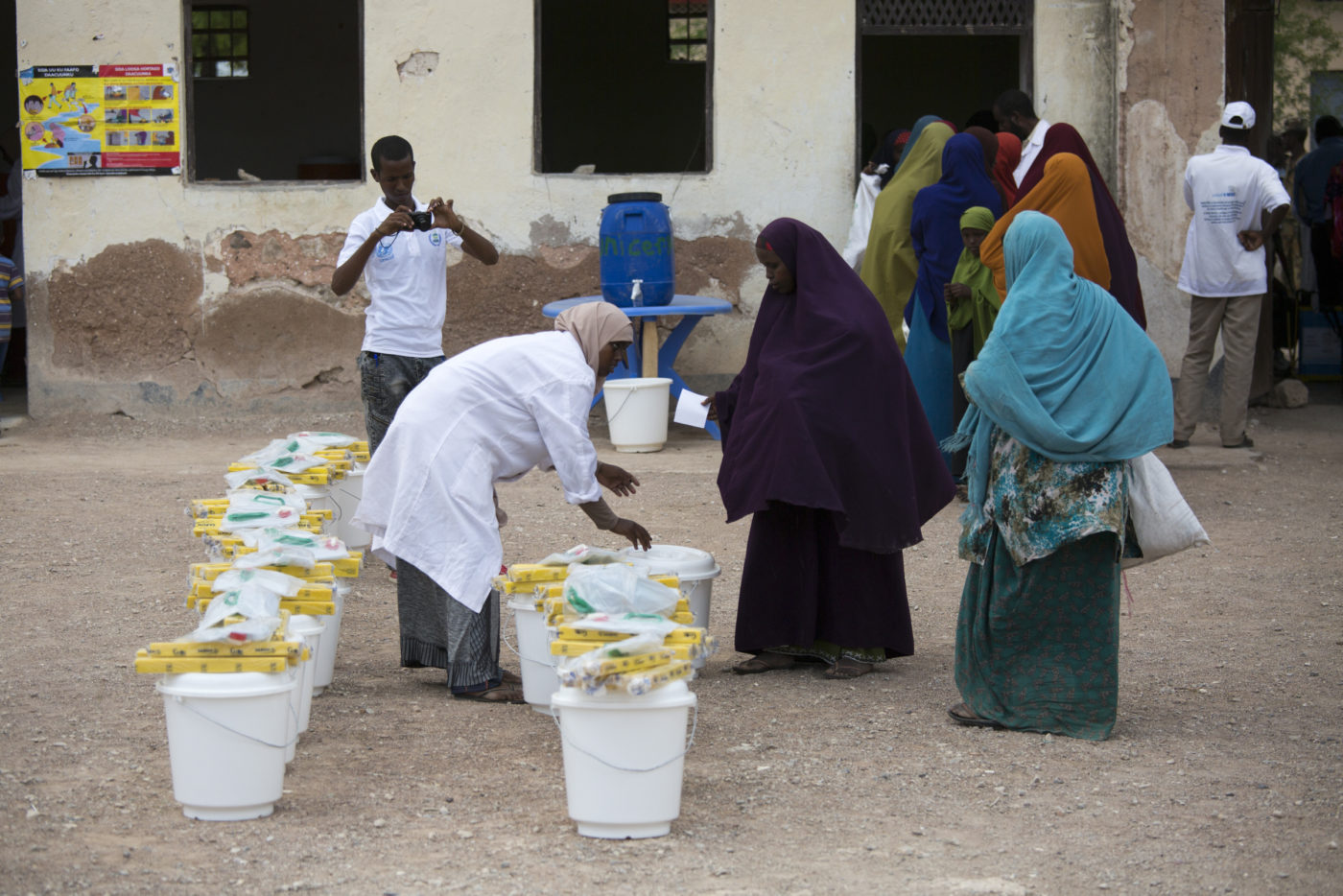
Nurses prepare sanitation kits at a Cholera Treatment Centre (CTC) in Wajid
Nurses often go above and beyond the call of duty – especially when working in the most vulnerable communities. When cholera broke out across Somalia in 2017, many stepped in alongside other health and logistics workers to prepare sanitation kits for internally displaced people who didn’t have access to clean water.
Over the past 20 years, Somalia has suffered through violence, political instability and environmental and economic shocks that have caused acute hunger and malnutrition. UN agencies including the U.N. World Food Programme are working in the country – joining forces with the nurses who were there every step of the way.
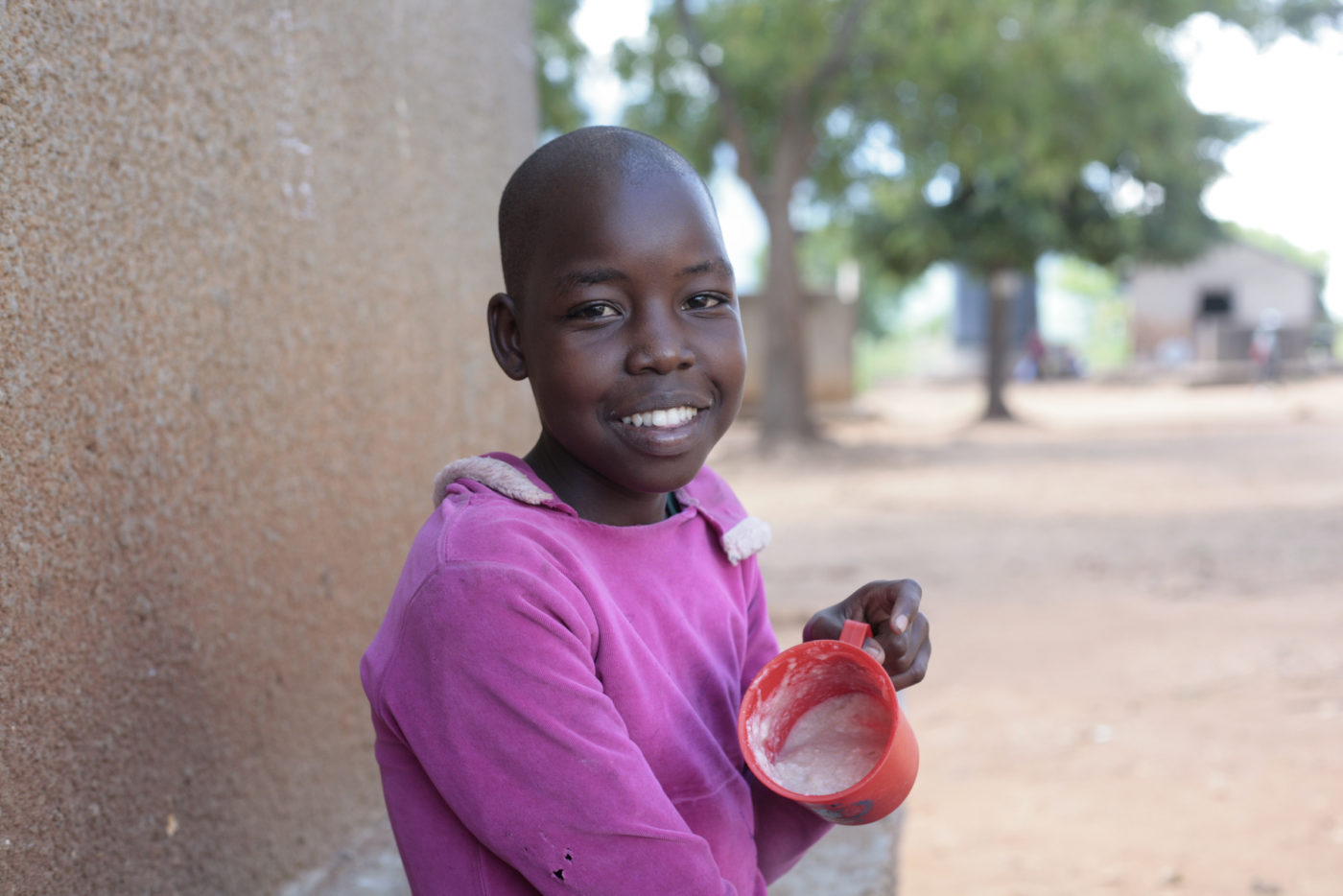
Winnie Anegolekori dreamed of becoming a nurse.
When Winnie Anegolekori was a 10-year-old student at the Kapuat Primary School in Uganda, she dreamed of becoming a nurse when she grew up. Her father at the time was working as a nurse at the Iriiri Health Center near her school. Inspired by his work, Winnie said in 2018 that if she could have any superpower, it would be to heal the sick
Young people like Winnie are the future of nursing. The U.N. World Food Programme is working across the globe to get kids like her the nutrition they need, so they can grow up healthy – and ready – to join this vital team of health heroes around the world.
You can support nurses working with WFP on the frontlines of the worst hunger crises around the world. Donate today.




